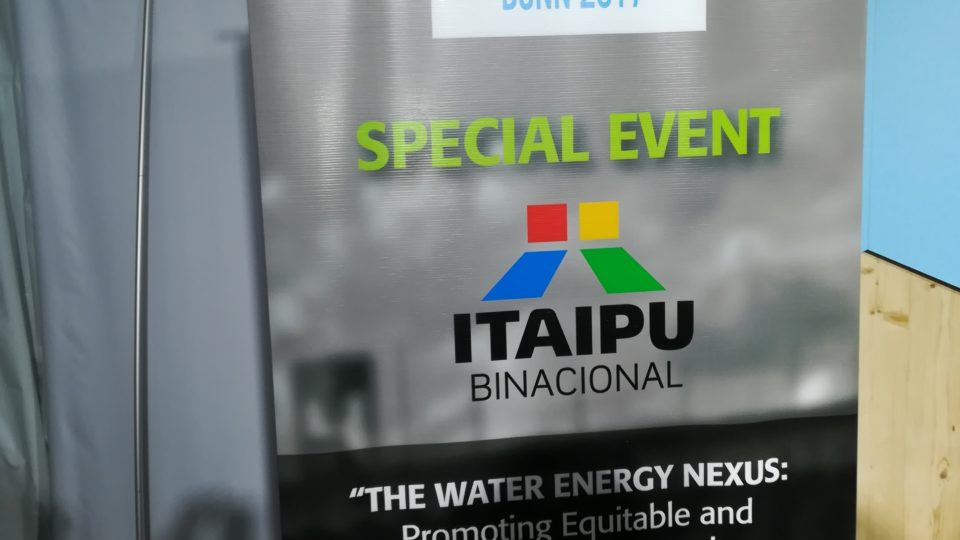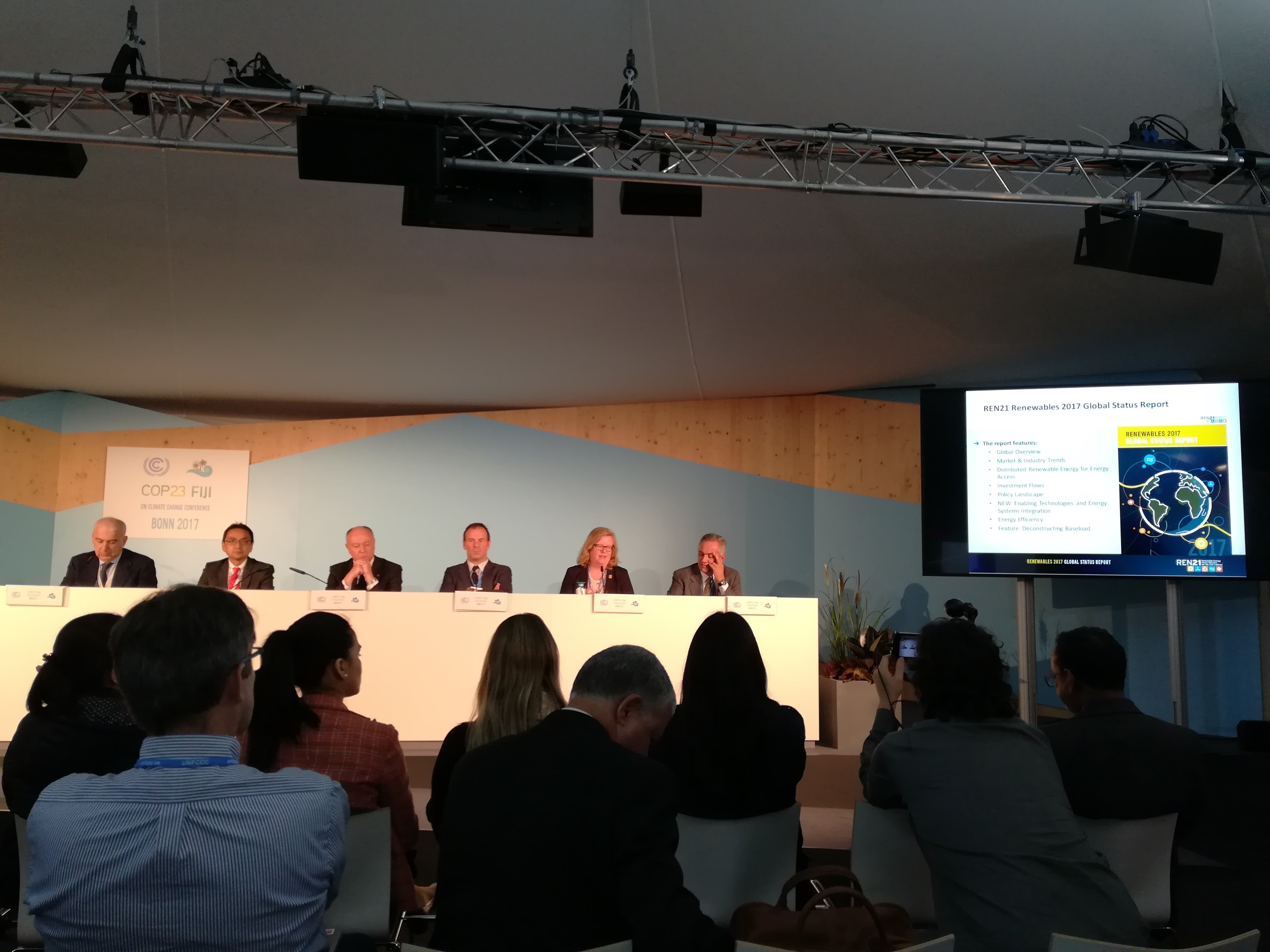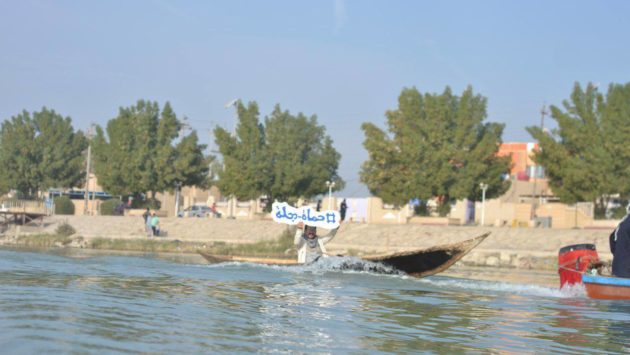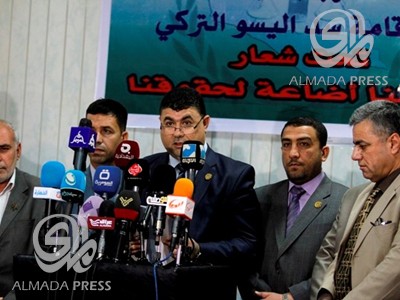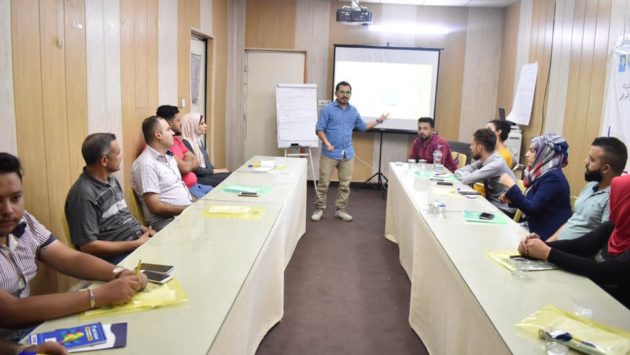Bonn, Germany – 11 November 2017
During a session of the COP23 on “Managing water scarcity for agriculture”, the Save the Tigris campaign posed a question to Mr. Olcay Ünver, the Deputy Director of Land and Water Division, Food and Agriculture Organization of the United Nations (FAO): “Don’t you think that it’s time to state clearly that there is an urgent need to review water management policies in the Mesopotamian basin, particularly in relation to the building of big dams which have been proved to cause many serious problems for rivers systems, water resource sustainability, and climate change?”
Mr. Ünver was also the president of the Southeastern Anatolia Project Regional Development Administration in Turkey, and the GAP project, where a number of big and controversial dams have been constructed in the upper stream of Euphrates and Tigris — the Ilisu dam (a major concern to the Save the Tigris Campaign) is one of those big dams.

He confirmed that it is indeed time to find alternatives to big dams, for example, exploring what the FAO calls “nature based solutions” for water management and energy production. As members of the Save the Tigris Campaign, we explained to Mr. Ünver our struggle against the Ilisu Dam and our vision about the need for collaboration among civil society groups in the Mesopotamian region — Turkey, Iraq Syria and Iran — in order to advocate for new and sustainable policies and methods for water management. Mr. Ünver is also the founder of Euphrates-Tigris Initiative for Cooperation between Iraq, Syria and Turkey. He affirmed that governments in the region need to discuss and cooperate on these common water concerns. The Save the Tigris Campaign recognizes the need for public dialogue about finding effective alternatives to big dams in the region.
Are you considering donating?
International partners can support and strengthen Iraqi campaigns, stimulating international networking, internships and cultural exchanges with Iraqis, calling for international volunteers to support Iraqi Civil Society Organizations and to join Solidarity In Action!
Show your support

